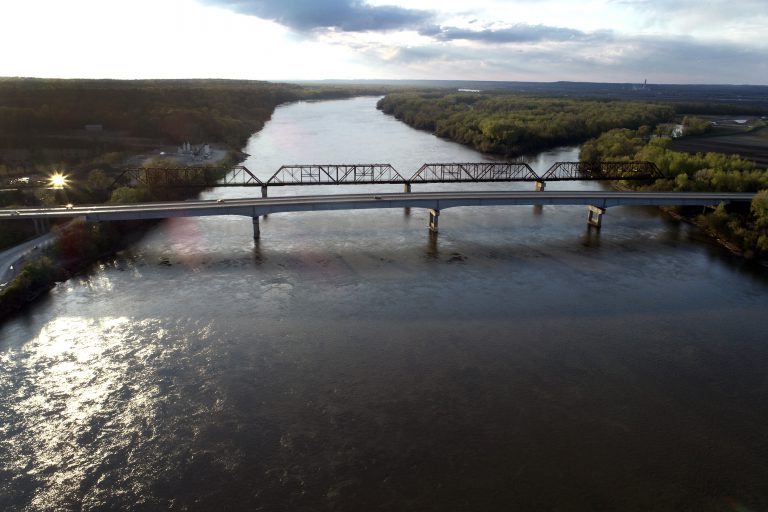An Illinois environmental group is joining a coalition in filing a lawsuit against the Trump administration’s rollback of certain water pollution regulations.
The lawsuit argues that the Trump administration’s Navigable Waters Protection Rule would loosen protections put in place by the Clean Water Act—threatening water quality in wetlands and ephemeral streams.
Champaign-based environmental group Prairie Rivers Network is joining the lawsuit.
“So many of our streams and waterways in Illinois are already hurting severely,” Kim Knowles, the group’s policy specialist and attorney, says. “Approximately 40% of the streams that supply our drinking water are impaired. What that means is they’re too polluted to serve their use. So these threats are on top of already threatened waterways.”
The Trump administration’s Navigable Waters Protection Rule is a revised rule designed to replace the Clean Water Rule, a 2015 regulation passed by the Obama administration. The Clean Water Rule was meant to clarify water quality management under the U.S. Environmental Protection Agency (EPA).
In September 2019, the Trump administration repealed the Clean Water Rule, and in January 2020, finalized the Navigable Waters Protection Rule, which was touted as a rollback on environmental regulations.
Knowles says the rule, which is set to become final in June 2020, would allow increased levels of pollutants like pesticides and nitrates to end up in water. That’s because it’s removing 12 different types of water bodies from federal regulation, including ephemeral streams, wetlands and artificial lakes or ponds.
In Illinois, that may threaten water quality and even drinking water. Knowles says ephemeral streams are a drinking water source for one in 10 people in Illinois.
“Those drinking waters are at risk of contamination because the streams that feed into them may be contaminated as a result of this rule,” Knowles says. “So this means developers can plow through them, fill them, farmers can spray pesticides without needing any permit now. If this rule goes through, we will have more of those contaminants in our drinking water supply.”
The lawsuit is part of an ongoing battle over federal water regulations. In April 2020, the Supreme Court ruled that the Clean Water Act applies to groundwater contamination after environmental groups sued a wastewater treatment plant in Hawaii that was pumping treated sewage into groundwater close to the ocean.
Lecia Bushak is a Multimedia Environmental Journalist for Illinois Newsroom. Follow her on Twitter @Lecia_Bushak.

